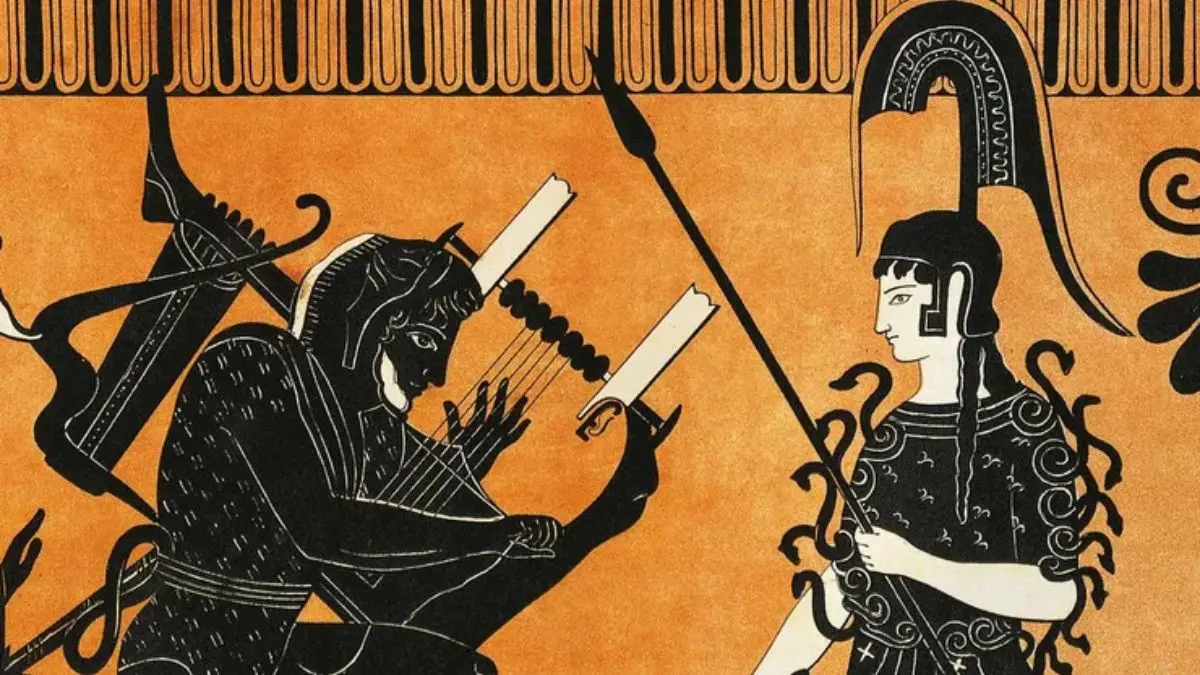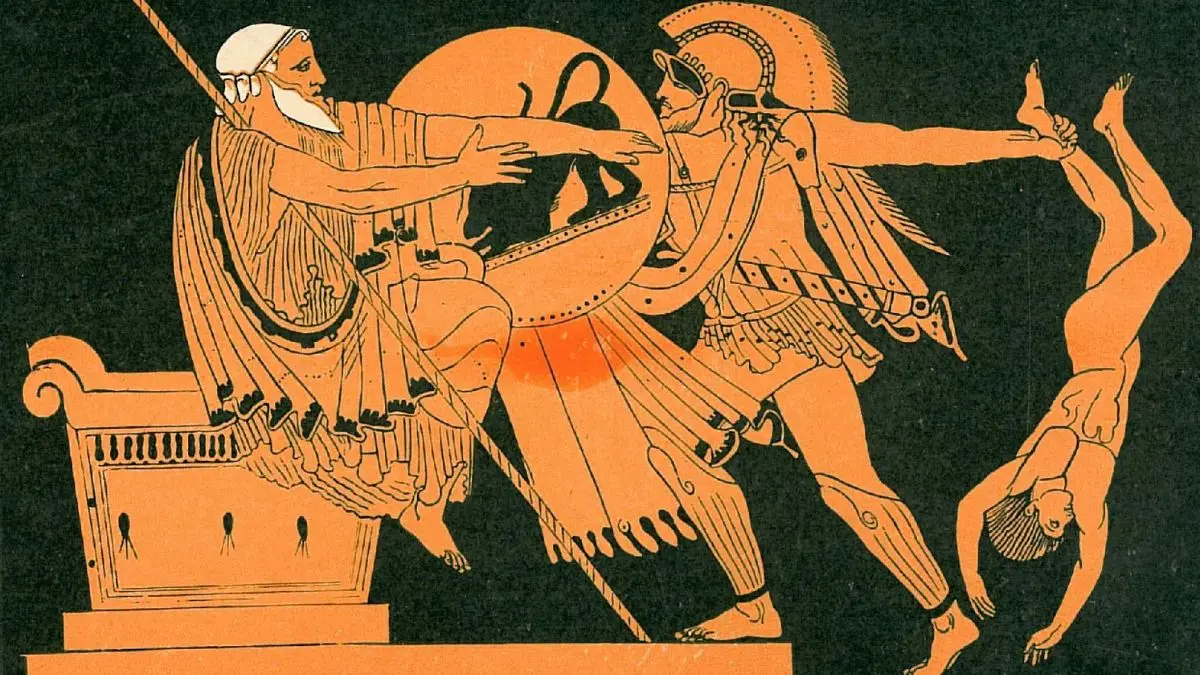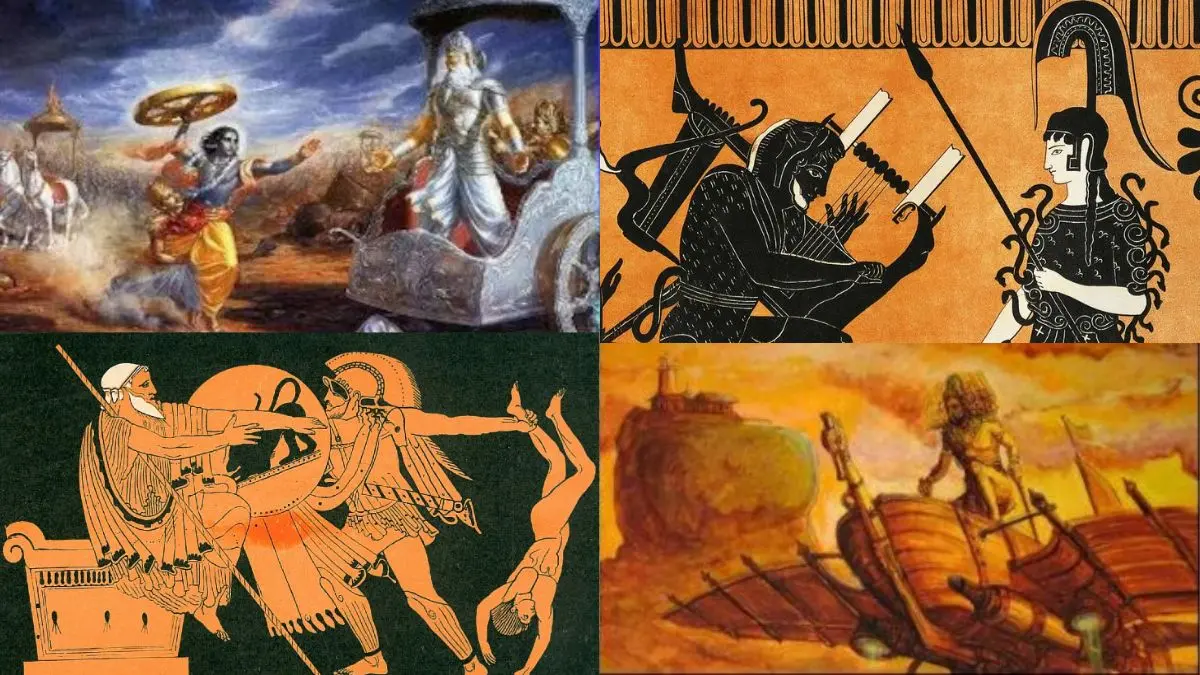Mythology is a collection of stories, legends, and tales that have been passed down through generations, often explaining natural phenomena, human behavior, and the mysteries of the universe. These stories are integral to the cultural fabric of societies and have played a significant role in shaping human civilization. But why mythology exist? To answer this question, we need to delve into various aspects of human nature, history, psychology, and culture.
Why Mythology Exist?
The Origins of Mythology
Mythology has its roots in the earliest days of human civilization. Long before written language, people used oral storytelling to communicate their experiences, beliefs, and values. These Stories evolved into myths, serving several fundamental purposes:
- Explaining the Unexplainable: In ancient times, people did not have the scientific knowledge we possess today. Natural events like thunderstorms, earthquakes, and eclipses were mysterious and frightening. Myths provided explanations for these phenomena, attributing them to the actions of gods and supernatural beings. For example, the Greeks believed that thunderstorms were caused by Zeus, the king of the gods, hurling thunderbolts from the sky.
- Cultural Identity and Unity: Myths helped to create a shared cultural identity among people. By telling and retelling these Stories, societies reinforced their collective values, beliefs, and customs. These myths often contained moral lessons and cultural norms, guiding people’s behavior and helping to maintain social order.
- Religious Significance: Many myths are closely tied to religious beliefs and practices. They provide a narrative framework for understanding the divine and the sacred. For instance, the creation myths found in various cultures explain the origins of the world and humanity, often involving gods and goddesses as central figures. These Stories form the foundation of religious rituals and ceremonies.

Psychological and Sociological Perspectives
To further understand why mythology exists, we can look at it from psychological and sociological perspectives:
- Carl Jung’s Archetypes: The Swiss psychologist Carl Jung proposed that myths are expressions of the collective unconscious, a set of shared memories and ideas that all humans possess. According to Jung, myths are built around archetypes, universal symbols, and themes that resonate with the human psyche. These archetypes, such as the hero, the trickster, and the mother figure, appear in myths across different cultures and time periods, reflecting fundamental aspects of human experience.
- Joseph Campbell’s Monomyth: Joseph Campbell, an American mythologist, introduced the concept of the monomyth or the “hero’s journey.” According to Campbell, many myths follow a similar narrative structure, where a hero embarks on an adventure, faces trials, and returns home transformed. This pattern, found in myths worldwide, resonates deeply with people because it mirrors the human experience of growth and transformation. Campbell’s work suggests that myths are powerful because they tap into universal human experiences and emotions.
- Social Cohesion and Control: Sociologists argue that myths serve as tools for social cohesion and control. By embedding moral and ethical lessons within myths, societies can influence behavior and reinforce social norms. Myths often depict the consequences of good and bad behavior, rewarding virtues like bravery and loyalty while punishing vices like greed and betrayal. In this way, myths help to maintain social order and promote a sense of community.
Mythology in Different Cultures
Mythology is a universal phenomenon, but the content and themes of myths vary widely across different cultures. Let’s explore some examples:
- Greek Mythology: Greek mythology is rich with tales of gods, heroes, and monsters. These stories were integral to ancient Greek religion and culture, explaining everything from the creation of the world to the origin of human suffering. The myths of Hercules, Perseus, and Odysseus are well-known examples of the hero’s journey, showcasing themes of bravery, perseverance, and divine intervention.
- Norse Mythology: Norse mythology, originating from the Scandinavian region, features gods like Odin, Thor, and Loki. These myths often revolve around themes of fate, honor, and the inevitable apocalypse (Ragnarok). The tales of the Viking gods reflect the harsh environment and warrior culture of the Norse people, emphasizing strength, courage, and resilience.
- Hindu Mythology: Hindu mythology, found in ancient Indian texts like the Vedas and the Mahabharata, is deeply intertwined with religion and philosophy. Stories of gods like Vishnu, Shiva, and Durga convey complex spiritual teachings and moral lessons. The epic tales of the Ramayana and the Mahabharata explore themes of duty, righteousness, and the eternal struggle between good and evil.
- African Mythology: African mythology encompasses a diverse range of stories from various ethnic groups across the continent. These myths often feature gods, spirits, and ancestors, explaining natural phenomena and cultural practices. For example, the Yoruba people of Nigeria have a rich mythology involving gods like Olokun, the god of the sea, and Orunmila, the god of wisdom and divination. These stories reflect the deep connection between African communities and their environment.

Modern Relevance of Mythology
Despite the rise of science and technology, mythology remains relevant in contemporary society. It continues to influence literature, art, and popular culture in several ways:
- Literature and Film: Many modern works of literature and film draw inspiration from ancient myths. J.R.R. Tolkien’s “The Lord of the Rings” and J.K. Rowling’s “Harry Potter” series, for example, incorporate mythological elements and archetypal characters. These stories resonate with audiences because they tap into timeless themes and universal human experiences.
- Psychology and Self-Help: Mythological themes are often used in psychology and self-help literature to explore personal growth and transformation. The hero’s journey, in particular, is a powerful metaphor for overcoming challenges and achieving self-actualization. Books and workshops on personal development frequently use mythological references to illustrate their points.
- Cultural Identity and Heritage: Mythology continues to play a crucial role in preserving cultural identity and heritage. Indigenous communities around the world use myths to pass down their traditions, values, and history to future generations. These stories serve as a link to the past, helping to maintain a sense of continuity and belonging.
- Spirituality and New Age Movements: Many New Age and spiritual movements draw on mythological themes and symbols. Concepts like the “goddess” and the “sacred masculine” are rooted in ancient myths, and practices such as astrology and tarot often incorporate mythological references. These elements provide a sense of connection to something larger than oneself, offering meaning and purpose in a rapidly changing world.
Why Mythology Exist? – Conclusion
Mythology exists because it fulfills essential human needs and functions. It provides explanations for the mysteries of the universe, fosters cultural identity and unity, offers moral and ethical guidance, and resonates with the deep psychological and emotional aspects of human experience. Across different cultures and time periods, myths have served as a powerful tool for understanding the world and our place in it.
In today’s modern world, mythology continues to inspire and influence us, reminding us of the timeless themes and universal truths that connect us all. By exploring and appreciating these ancient stories, we gain insight into the human condition and the enduring power of imagination and storytelling.
Also Read: Trojan War History: The Beginning, The Battle of Troy, and The End









